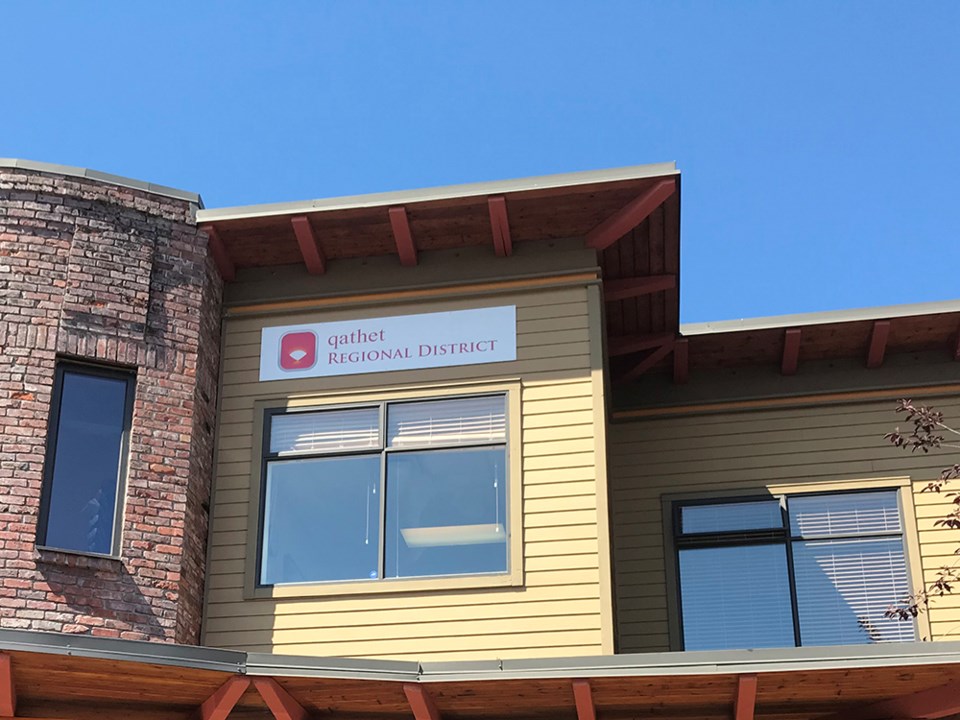qathet Regional District’s (qRD) finance committee is recommending that the regional board continue supporting Powell River Educational Services Society (PRESS) in continuing work to deliver affordable housing for workers.
At the January 10 finance committee meeting, directors heard a presentation from PRESS director of programs and research Kathleen O’Neil, who outlined the purchase and rental of a house in Westview for workers in a co-living arrangement.
“We’re experiencing a housing crisis,” said O’Neil. “Local rentals are no longer affordable for many working residents.
“Our perspective on housing in our agency is that it is a human right and affordable housing is part of essential community infrastructure. Affordable housing helps attract and retain local workers, supports workers employed at diverse wage levels and ensures workers live in the communities where they are employed.”
O’Neil said the average salary in qathet is just over $45,000, which is 17 per cent lower than the Canadian average. She said after tax, this leaves a monthly income of just over $3,000 for a single person. She added that the average cost of living for a single person in this region is almost $3,400.
O’Neil then outlined co-living. She said it is affordable housing where tenants rent a combination of personal and communal space from a landlord, which, in this case, is PRESS.
“It gives them the same tenancy rights as anybody in an apartment, so they have housing security,” said O’Neil.
She said PRESS used money from the municipal and regional district tax (MRDT) that is charged on accommodations such as hotels and short-term rentals allocated to Sunshine Coast Tourism, which is the designated recipient of the tax in qathet and Sunshine Coast regional districts. She said MRDT money was used for a down payment on a house on Quadra Avenue.
The house was available for tenants November 1 and it is fully occupied, said O’Neil. The project combined federal, provincial and regional district funding, according to O’Neil.
In fewer than six months, the house was renovated and furnished, and everything was there for people when they moved in. The co-living facility has four tenants who pay $750 a month in rent, all-inclusive.
“The people in the house are really happy,” said O’Neil. “They are loving it and forming relationships.”
PRESS is proposing to use 2023 funds from MRDT of $150,000 for a down payment on a three-bedroom house to expand co-housing in qathet region.
The finance committee recommended to the board that qRD authorize PRESS to submit the 2024 annual affordable housing initiative MRDT plan for the co-living housing initiative to Sunshine Coast Tourism to access the 2023 MRDT funds and continue the work to deliver affordable housing for workers in qathet region.
Join the Peak's email list for the top headlines right in your inbox Monday to Friday.


.jpg;w=120;h=80;mode=crop)